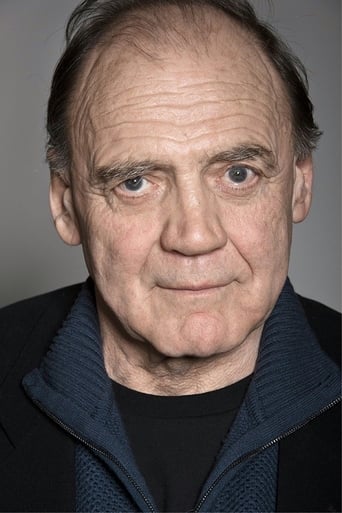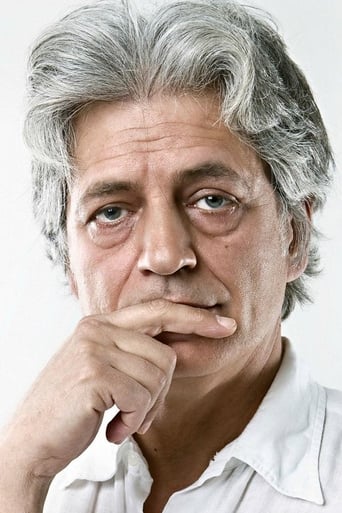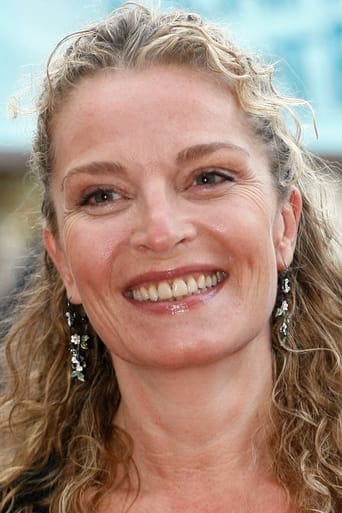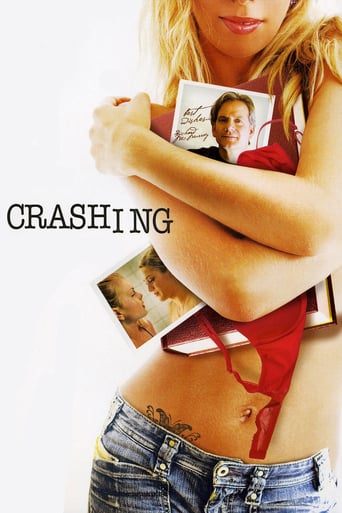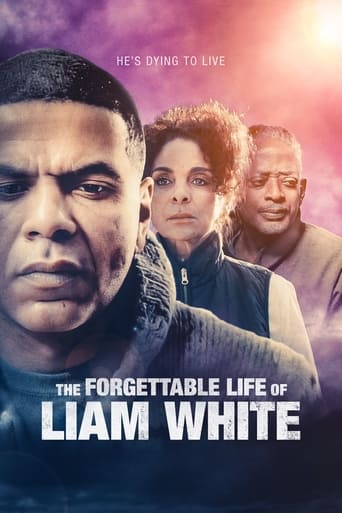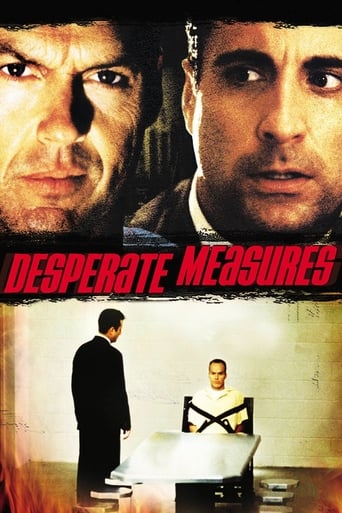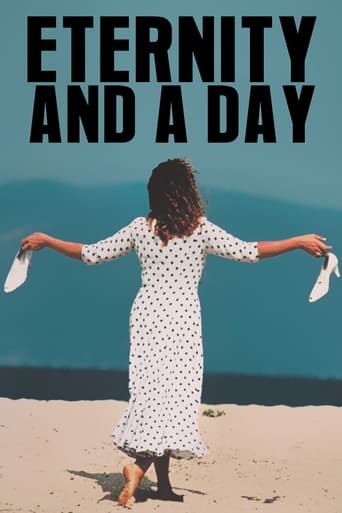
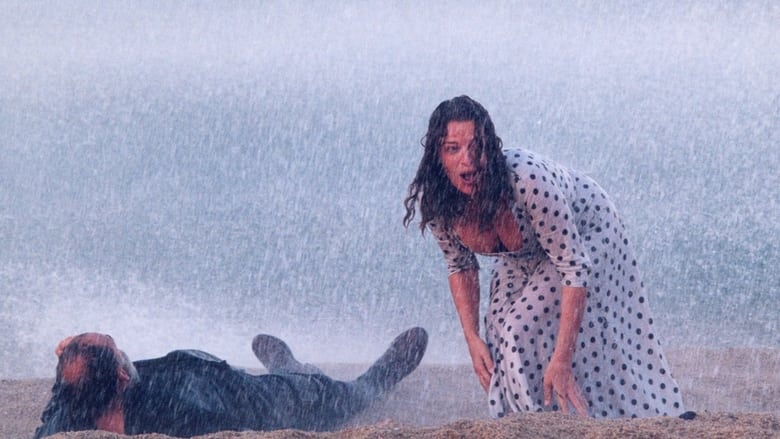
Eternity and a Day (1998)
An ailing Greek man attempts to take a young, illegal Albanian immigrant home.
Watch Trailer
Cast
Similar titles
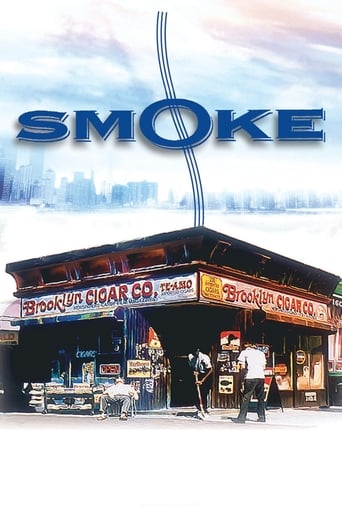
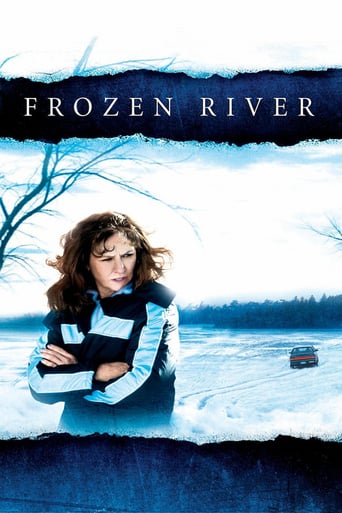
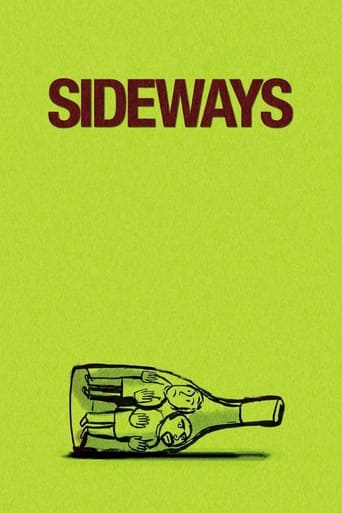
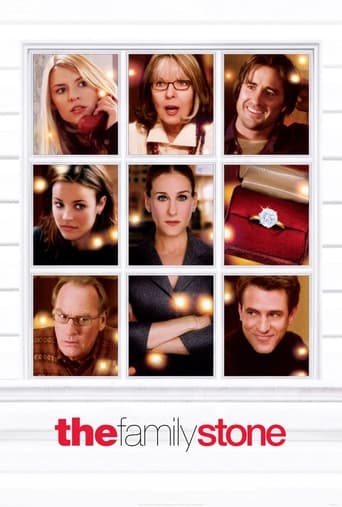
Reviews
It's an amazing and heartbreaking story.
While it doesn't offer any answers, it both thrills and makes you think.
Although I seem to have had higher expectations than I thought, the movie is super entertaining.
The film never slows down or bores, plunging from one harrowing sequence to the next.
Alexandre (Bruno Ganz), a respected writer, received bad news: He is terminally ill and has to enter the hospice tomorrow. It may be his last day. And then the question: "How long does tomorrow last?" He tries to wrap up his life; he only has today to do it. To find a new home for his dog seems to be a priority.Alexandre has flash-backs to his youth, and becomes quite nostalgic. He visits his daughter, suggesting that she looks after his dog "as he will be going away tomorrow". Fruitless; her husband does not like dogs. He hands his daughter a bundle of letters, all from his wife Anna (Isabelle Renauld), dating back many years. She reads one of her mother's letters to Alexandre, and as she does so, a picture unfolds: An aloof Alexandre not returning his doting wife's affection, too self-centered and preoccupied with his writings. The aged Alexandre's regret is palpable.On his way home, on this last day, Alexandre spots a street urchin who cleans car windows at stop streets being chased by police. Impulsively he opens the door and tells the young boy to get in. Alexandre decides to help the boy (Achileas Skevis), an illegal immigrant from Albania. He tries to get the boy back to the Albanian border so that the boy can return home in safety. But does the boy really want to go back?The dialogue between Alexandre and the boy is illuminating. "I see you smiling, but you are sad", the boy tells Alexandre. Alexandre narrates a story that changes into something more: the art of writing and imagination, 'buying' words when you have run out of them. Alexandre realizes he is running out of time; he would like to get the lad safely on his way, and he still has to pay his elderly mother a last visit.'Eternity and a Day' is a complex film with many elements: It touches on the nature of life and art, regret and the inevitability of closure. The cinematography by Yorgos Arvanitis and Andreas Sinanos is glorious; the sunny coastal scenes, but with discontentment simmering below the surface; the misty landscapes in the mountains close to the Albanian border. The sound track and effects superbly fit the ambiance of the film. Good work by Eleni Karaindrou and Nikos Papadimitriou. Then the acting: Bruno Ganz gives a powerful performance. Acting by Isabelle Renauld, Achileas Skevis and Fabrizio Bentivoglio is excellent too. 'Eternity and a Day' deservedly was awarded the Palme D'Or. My score: 10/10.
I couldn't wait for this movie to finally end. Its ponderously long pans across empty abandoned interiors, its insipid repetitive musical theme that showed no variation through the course of the film, its pretentious philosophizing, and its unsympathetic main character, shown as the same old man even in the flashbacks to his younger married life -- all left me uninspired and tired. I enjoyed the boy's story more than the poet's, but the youngster's acting ability was unfortunately limited in its range. Major set pieces were mannered and overly formal. This film was a major drag. And then I find out that it won the Golden Palm. What were they thinking?
I consider Eternity and a Day the most successful film of Theo Angelopoulos. There has always been a poetic charm and an assertion for poetic communication in all Angelopoulos films. In Eternity and a Day it was most effectively represented. Though almost all of his films are very rich and filled with delightfully shaped and carried out scenes, but some of them I find far too long [ Ulysses' Gaze, The Suspended Step of the Stork] and some too sentimental [ The Weeping Meadow]. Eternity and a Day is very much free from these two traits.Angelopoulos described himself 'a war child'. Born and brought up in a difficult time in Greek history, wars and borders had always been a recurrent theme of his films. His earliest childhood memory was filled up with the sound of air raid sirens and the sight of German troops entering Athens, following the Italian invasion of Greece in 1940's. And like most Greek families of that time, they also had to face serious hardship and hunger. Angelopoulos was further traumatized by the events of 1944, when his father was arrested for not supporting the communist party at the outbreak of civil war, a period known as 'Red December' in Greek history.The events of the film Eternity and a day unfold in a single day, from morning to night, in the life of a famous Greek writer, Alexander. The day is also every now and then hindered by Alexander's past, his recollection of the events associated with his affectionate, dead wife. Alexander is suffering from a serious illness and is going to die very soon. He seems to have a very distant and uncomfortable relationship with his daughter and son in law, who have decided to sell their old house without even consulting him.Alexander encounters a small refugee boy on his way. First time in a traffic halt, he sees a group of boys hurriedly washing the stopped cars, and one of them approaches his. Soon some police men are seen who are running after these boys. Alexander tells the boy who was washing his car, to get inside. He leaves the boy in a different place; the boy goes out without a word. After a while he sees the boy again in some other part of the city, this time he is seen talking to two middle aged men, who forcefully pick him up and put him inside a van. Alexander decides to follow the van, which takes him to a barren part of the city, where these boys are being auctioned. Alexander somehow manages to take the boy out of that place. And after that what follows is almost a silent relationship that grows between the two. Alexander desperately tries to send the boy to his relatives and the boy tries to escape, probably he doesn't have a relative. He initially talks about his grandmother, but when they reach the Albanian border, and a guard is seen approaching, the boy confesses out of fear that previously he lied, he knows no one on the other side of the border. They run away from there. Alexander shouts in anguish that he can't leave him like this. And they both kind of seem helpless about it.Later, Alexander tells the Albanian orphan a story of a Greek poet of the past who lived his life in some other country and did not know his mother-tongue. But during the time of revolution, he felt an urge to come back to Greece and start writing poems in Greek, celebrating the revolution. But he didn't know Greek at all. So he started to study the language and gave money to anyone who gave him a new Greek word. But still his poetry remained incomplete, something that Alexander has been trying to finish for a long time. Stirred by the story, the Albanian boy goes out to search words at the dock. Interestingly Alexander picks up three words from him. One, 'korfulamu', a delicate word for the heart of a flower, a 'literal word of comfort' for his physical suffering, second, 'xenitis', a word that means the feeling of being a stranger everywhere, and the third, 'argathini', meaning very late at night – all of which echoes angelopoulos' poetic epitome, his sentiment of perpetual separation, his anguish for the death of a culture.Alexander doesn't only try to help out the kid, soon enough he indulges himself to communicate with the kid through words and poetry. And in the process, gets close to the kid and emotionally attached. It would be proper to say that Alexander finds comfort and a greater purpose through these exchanges. They seem to strike the same chord.As for the film, nothing really happens in the end. Their day comes to end after the bus journey. The boy leaves in a ship, and Alexander goes back to his memory of reconciliation or separation, or may be both at the same time.There are number of marvelously crafted scenes and moments that one can talk about, the scene in which Alexander's house maid's daughter is getting married out in the street, the scene in which the Albanian orphan burns the belongings of his long time friend Salim, the scene at the dock, at the Albanian border, at the traffic signal, and especially the bus journey at night.I wonder what the guy was doing with a huge red flag in the bus. Is that some kind of a political association? Well, he had a big flag in his hand no doubt, and that too was red. He even appeared at a crucial juncture of the film. Interestingly, moments after he gets up on the bus, he goes off to sleep and doesn't seem to wake up. Even the beautiful music played by the band inside the bus fails to wake him up.
During two hours, I've been watching and understanding the man's whole life. His life is poetry as our lives.Theo Angelopoulos shows us a different way of making cinema. Every scene is full of details, full of beautiful images and poetry. It seems like a Greek poem in our days. Ithink it's the best film I ever seen. Word can't explain it.
